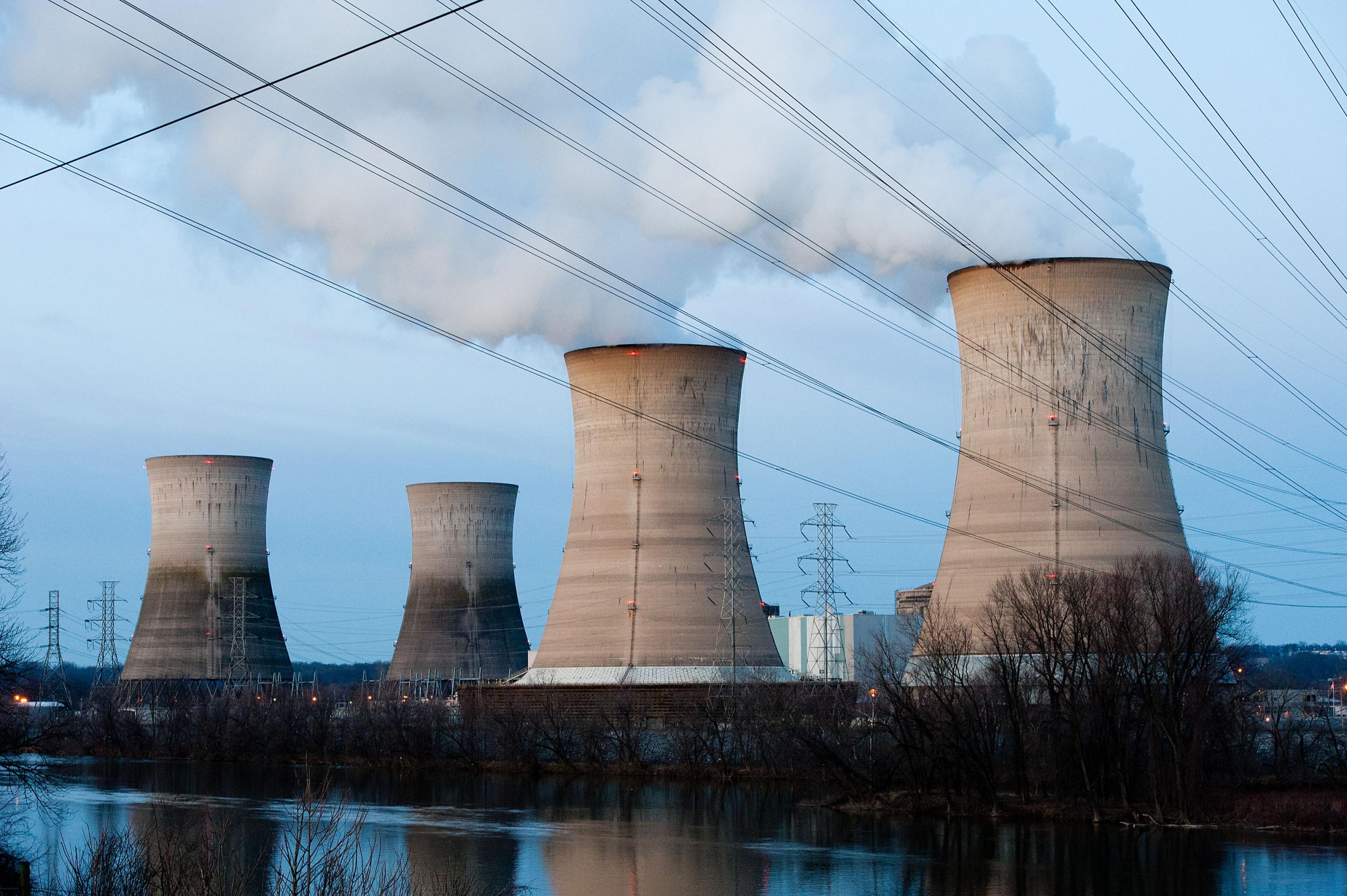Nuclear power stations and airports told to 'remain resilient' against potential terrorist attacks
Fears remain that Britain's 15 operational reactors, which account for nearly a fifth of the country’s electricity, may be targeted

Nuclear power stations and airports have been told to “remain resilient to evolving cyber threats”, amid fears that their systems may be targeted by hackers.
Energy minister Jesse Norman told The Telegraph that the government was "fully committed to defending the UK against cyber threats, with a £1.9 billion investment designed to transform this country’s cyber security.”
But the threat of attack on Britain’s 15 operational reactors, which account for nearly a fifth of the country’s electricity, from terrorists, foreign spies and “hacktivists” remains high.
Mr Norman added that the civil nuclear strategy included ways which the sector “can defend against, recover from, and remain resilient to evolving cyber threats”.
But security services fear that some will nonetheless try to exploit “vulnerabilities” in the nuclear industry’s internet defences.
It comes as intelligence agencies suggested that terror groups may have developed methods of planting explosives in mobile phones and laptops which avoid screening.
This led to the US and Britain banning travellers from a number of countries carrying laptops and large electronic devices on board flights.
Professor Malcolm Chalmers, deputy director-general of the Royal United Services Institute, an independent think tank for defence and security, told The Telegraph it was crucial for the Government to “respond rapidly”.
“The potential threats are wide-ranging and are coming from government and non-government sources," he said.
“Crucially there has to be clear co-operation with the private sector to tackle this, especially as airports are usually in private hands."
Join our commenting forum
Join thought-provoking conversations, follow other Independent readers and see their replies
Comments
Bookmark popover
Removed from bookmarks